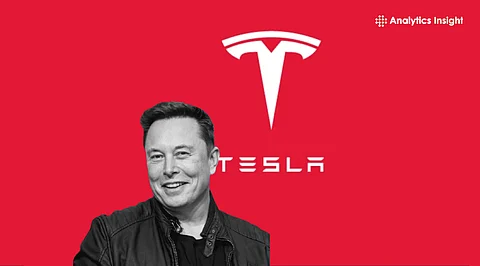Tesla shareholders have approved a historic compensation package worth up to $1 trillion for CEO Elon Musk. This decision, made during the company’s annual general meeting on Thursday in Austin, Texas, marks the largest corporate compensation deal in history. More than 75% of shareholders voted in favor of Musk’s long-term strategic plan, which aims to position Tesla as a leader in artificial intelligence and robotics, beyond its well-established reputation as an electric vehicle manufacturer.
Strategic Vision for Tesla’s Future
The shareholder approval underscores investor confidence in Musk’s leadership and vision for Tesla’s future. The compensation package, projected to reach approximately $878 billion after adjustments, links Musk’s earnings to several ambitious operational and valuation milestones. These include plans to propel Tesla into areas such as autonomous driving, humanoid robotics, and AI chip development. During the meeting, Musk stated, “What we are about to embark upon is not merely a new chapter of the future of Tesla, but a whole new book.”
He introduced the company’s upcoming initiatives, including the launch of the Cybercab robotaxi in April, the unveiling of the next-generation Roadster, and a potential partnership with Intel to establish a large-scale AI chip fabrication facility.
Balancing Ambitions with Corporate Governance Concerns
The vote followed extensive discussions among major investors and analysts. Critics have described the compensation plan as “excessive and unnecessary,” while supporters contend that it is crucial for retaining Musk’s commitment and aligning his goals with shareholder interests. The package stipulates that Tesla must reach several key benchmarks, such as producing 20 million vehicles annually, having 1 million robotaxis in operation, and generating $400 billion in core profits. Additionally, Tesla’s valuation must fall between $2 trillion and $8.5 trillion, with Musk receiving 1% of the company’s shares for each milestone achieved.
Concerns regarding potential conflicts of interest emerged during the meeting, particularly related to Tesla’s investment in Musk’s AI startup, xAI. Many shareholders chose to abstain from voting on this aspect of the proposal. Corporate governance experts, including Jessica McDougall of Longacre Square, have indicated that investors are likely to demand increased oversight to preserve clear boundaries between Tesla and xAI. Notably, Norway’s sovereign wealth fund, along with proxy advisory firms Glass Lewis and ISS, opposed the investment, cautioning that it could dilute shareholder value.
The approval of this compensation package solidifies Musk’s influence as Tesla embarks on a transformative journey toward integrating AI, developing robotics, and enhancing self-driving technology. While apprehensions exist regarding Musk’s political statements and distractions from his other ventures, including SpaceX and xAI, investor sentiment remains optimistic. As Musk summarized, “What we are about to build isn’t just the future of Tesla; it’s the foundation of an entirely new kind of company.” Should Tesla meet its ambitious targets, Musk stands to gain 12% of the company’s shares, positioning him not only as the world’s richest person but also as the architect of Tesla’s evolution into a dominant player in the AI sector.
